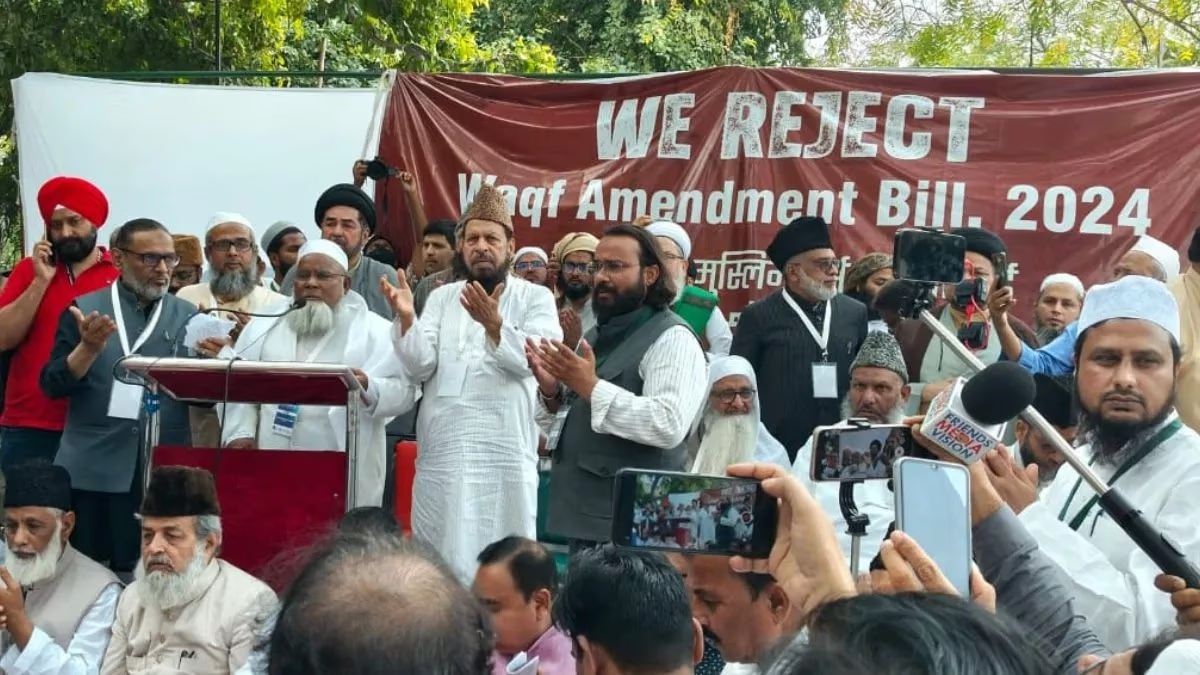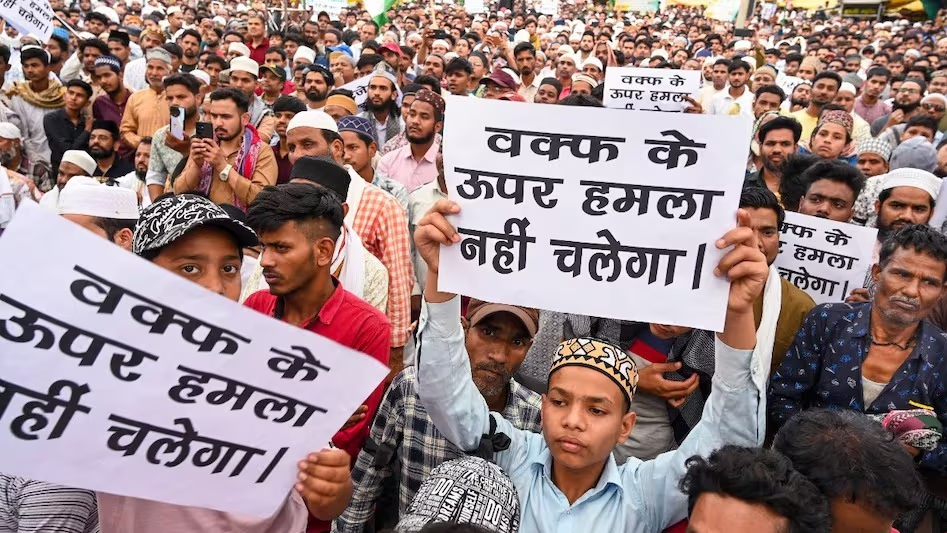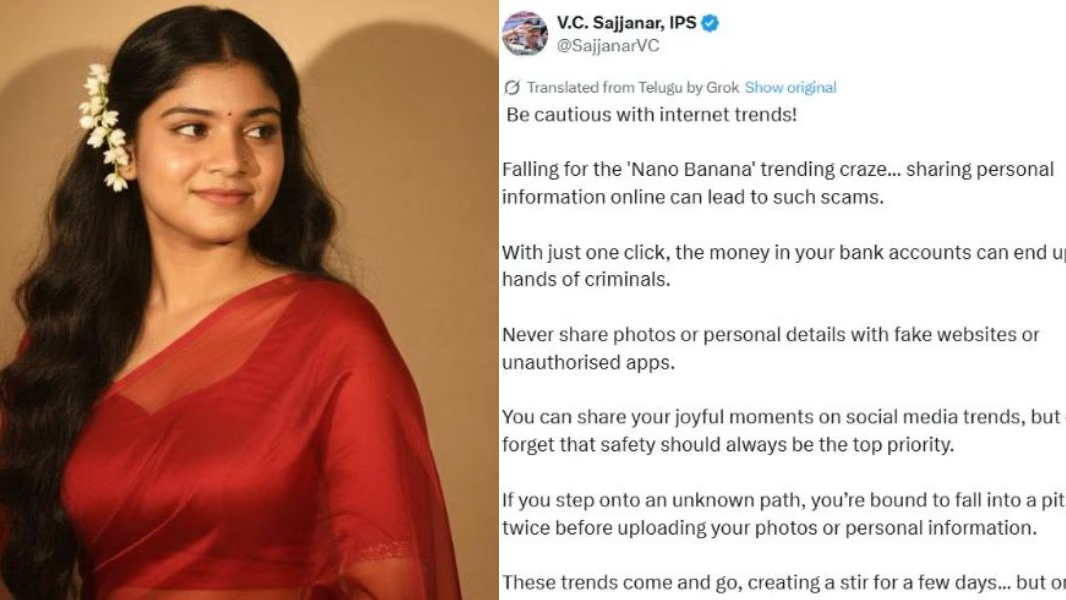On Monday, the Supreme Court delivered an interim decision on the Waqf (Amendment) Act, 2025. The apex court did not put a halt to the Waqf law altogether but did impose a pause on certain provisions. The two-member bench, led by Chief Justice B.R. Gavai and Justice A.G. Masih, stated that while the constitutionality of a law passed by Parliament is presumed, interim protections are necessary for some clauses.
Celebrating the decision, numerous Muslim organizations and leaders, including Maulana Arshad Madani from Jamiat Ulema-e-Hind, the All India Muslim Personal Law Board, Shia Maulana Kalbe Jawvad, and Congress MP Imran Pratapgarhi, expressed that it was a significant move to prevent governmental interference in Muslim properties.
However, the initial sense of triumph among Muslim stakeholders began to wane by the evening as they reconsidered the details. What seemed like a decisive victory turned into a complex scenario when they fully understood the judgment.
Outcome of the Waqf Decision
During a quick assessment in the courtroom, the Muslim parties saw temporary relief as a win. Yet, the complete 128-page judgment, once examined on the Supreme Court's website, showed a different perspective revealing unforeseen challenges.
One of the lawyers for the Muslim side, M.R. Shamshad, admitted that based on the hearing, it seemed as though the court had put a hold on certain sections of the law, prompting their initial reactions.
Also read:
Upon a thorough read, however, the decision seemed to imply otherwise. Initial impressions included a restriction placed on a collector's powers, deemed positive, coupled with critical conclusions on other issues raised by the petitioners. Yet, some aspects of the decision appeared alarming.
No Halt on ASI Survey
Attorney M.R. Shamshad noted discussions to amend the law to render Waqf properties non-waqf were ongoing under the ASI survey, without any decisive court injunction following those talks. An interim remark was made initially.
The transfer of ownership post-ASI survey remains a concern. Questions of religious importance lingered with no clear prohibition, leaving tribal areas with Muslims unable to claim land under their name, implying a denial of their rights under Articles 25 and 26.
Limitation Act Not Applicable to Waqf
Shamshad explained the law previously stated that the Limitation Act, used to prevent long-standing legal claims, wouldn’t apply to Waqf properties. This, meant to safeguard Waqf assets, now inferred property seizures or loss without legal action might occur unchecked for 12 years following the removal of the Limitation Act.

Source: aajtak
He indicated it was true that some entities encroached on Waqf properties. Yet, the court's outlook appeared to suggest Waqf institutions were occupying state-owned properties, a perspective believed to complicate the issue.
Collector's Power Remains - Owaisi
Initially, Asaduddin Owaisi, head of the All India Majlis-e-Ittehadul Muslimeen, praised the court's ruling but then reconsidered, expressing worries about the interim order's inability to protect Waqf properties. Owaisi warned it may benefit encroachers, halting development on Waqf land.
He emphasized that the court has yet to render a final ruling on the Waqf law; the current order is provisional, with hopes that the top court will soon address the law's broader implications. Though the collector's power to check Waqf properties was paused, they retained their survey rights.
Question on Appointing Non-Muslims - Owaisi
Owaisi questioned the Supreme Court's recommendation for a Muslim CEO wherever feasible, suggesting the government might claim a lack of eligible Muslim candidates, coming from a background with no Muslim MPs. He queried whether this scenario would allow non-Muslim appointments in Waqf boards, questioning its compliance with Article 26.
He pointedly compared this to appointing a non-Sikh to the SGPC, arguing such provisions violated religious freedoms while seeking clarity from the Modi administration.
Moreover, despite stating no explicit bar exists for property transfers to non-religious entities, Owaisi questioned why a special provision was set for followers of Islam, challenging the BJP to provide data on such incidences of property donations following religious conversion.




